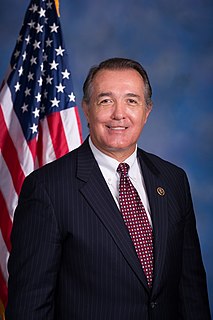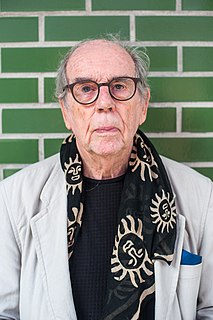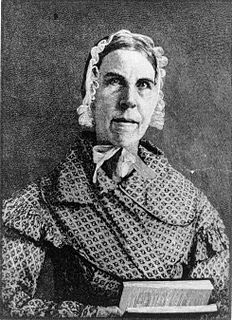A Quote by Aristotle
Finally, if nothing can be truly asserted, even the following claim would be false, the claim that there is no true assertion.
Related Quotes
You can ask yourself, if a film makes a claim, is the claim true or false? Having said that, a style of presenting material doesn't guarantee truth. There's this crazy idea that somehow you pick a style, and by virtue of picking the style, you've provided something that is more truthful. It's as if you imagine that changing the font on a sentence you write makes it more truthful.
Again: there is nothing inherently superior about resistance. All our claims for the righteousness of resistance rest on the rightness of the claim that the resisters are acting in the name of justice. And the justice of the cause does not depend on, and is not enhanced by, the virtue of those who make the assertion. It depends first and last on the truth of a description of a state of affairs that is, truly, unjust and unnecessary.







































